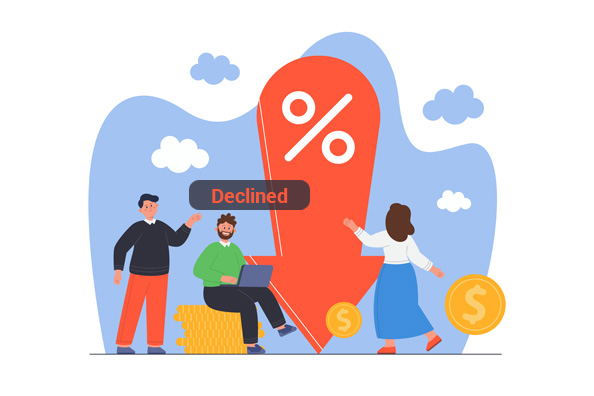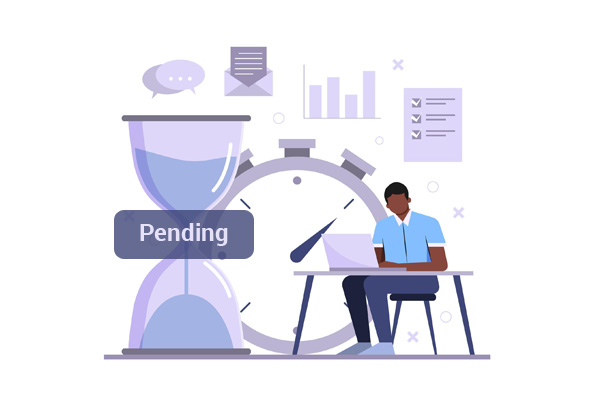
“Understand crucial factors associated with a leasehold property to make informed decisions”
In the UK, purchasing a leasehold property is a big financial choice, because it has different financial and legal ramifications than freehold ownership. When you purchase a leasehold property, the lease agreement specifies the time you will own the property. However, a landlord known as a freeholder owns the land on which the property is located. It is imperative to properly understand the main aspects of leasehold ownership, including the leaseholding period, costs, and restrictions. This blog post describes key things any buyer needs to know before buying a leasehold property.
Factors to Consider When Buying a Leasehold Property in the UK
It is beneficial for a buyer of a leasehold property to be aware of some of the important characteristics of this kind of property. These are the essential elements you need to consider to make wise investing choices.
1. Length of Lease
Lease length is the first important aspect to examine as it impacts the market value, mortgage availability, and ease of resale of a property. Leases under 80 years can reduce the value of property as well as hamper a mortgage on the property. It can be expensive to extend a lease, particularly after the 80-year milestone. However, after two years of property ownership, you are legally permitted to extend the lease for an additional ninety years.
2. Ground Rent and Service Charges
Ground rent and service charges have to be paid by a leaseholder to a landlord. Always check out provisions that provide for rent hikes in future, this could be a problem concerning affordability. They fluctuate every year and include costs borne collectively like, cleaning, repairs, and insurance. Request recent service charge statements to examine future expenses because estimates may include service charges for future years.
3. Restrictions and Permissions
Another factor to consider is the restrictions and permissions as some lease agreements involve restrictions including permission before renting out the property. You may also need permission from a freeholder for structural changes or renovations. Leaseholders also need to follow the pet policy as some leases prohibit pets in the building.
4. Planned Repairs and Major Works
You might need to pay for expensive repairs that include roofs, external redecorations and the like. To ensure high service charges are not affected in the future then look for any planned major works. Immerse how it is done and inquire whether there is a sinking fund employed to ease the budget forecast in future.
5. Mortgage Eligibility
Not all the lenders are willing to offer finance to leasehold properties especially those with shorter lease terms or rising ground rent. Make sure your lender is comfortable with the terms of the lease by checking with them. In the case of the contract, a solicitor is in a position to point out such sections that would affect mortgage approval.
6. Cost of Lease Extension or Buying the Freehold
It can cost thousands of dollars to extend a lease, especially if less than 80 years are remaining. Through enfranchisement, certain leaseholders might be able to buy the freehold individually or collectively.
7. Resale Value and Future Marketability
The term of the lease and any restrictions may have an impact on the property's selling value. Reduced buyer interest or lower sale prices are frequently the outcomes of shorter leases. Make sure that future purchasers won't have to cope with expensive lease extensions or difficulties getting a mortgage.
In conclusion, purchasing a leasehold property can be a wise financial decision, but it necessitates careful analysis of the terms of the lease, related expenses, and management duties. You can steer clear of hazards by carefully going over the lease with a solicitor and being aware of potential future costs, including lease extensions or substantial construction. To purchase a home in the United Kingdom, go to estateagentpower.com.








